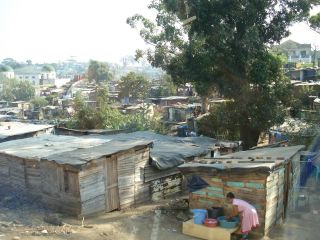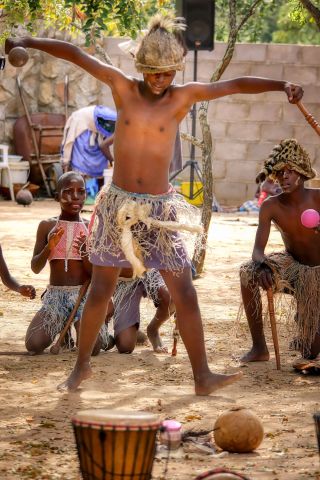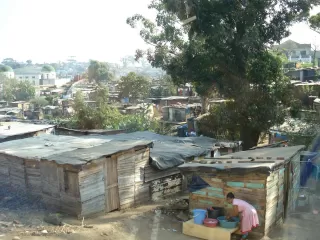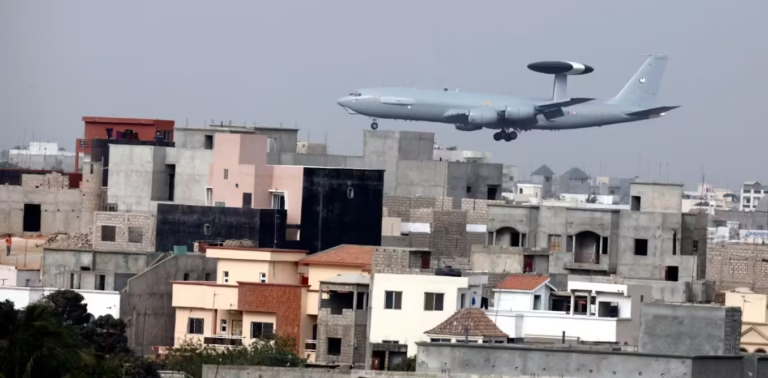They Left Africa to Survive, but Lost Themselves
Key points
- Out-migration breaks up families and disrupts the transmission of cultural memory and identity.
- Post-COVID-19, a new wave of out-migration from Africa is being led by professionals and students.
- Children raised abroad may grow up fully detached from their ancestral communities and cultures.
Many Africans are leaving their home countries, but at a cost. Families are scattered across other continents, and many may never be together again. Not because they do not want to, but because they cannot afford to be. For instance, in one family, the eldest son is in Canada. His sister lives in London. Others are in New York and Berlin. Getting together to sit and eat at one table becomes a luxury.
Recent studies published in a peer-reviewed journal and a Springer Nature volume confirm a surge in migration from African countries in the post-COVID era. Migration is not new, but the pattern has shifted. While earlier waves of migration from sub-Saharan Africa to the West have been significant, the current movement is marked by large numbers of professionals, students, and semi-skilled workers, many of whom can be seen as fleeing their countries. Unemployment, insecurities, and dwindling prospects have driven many to sell their belongings just to afford the high cost of leaving.

Once abroad, many begin to rebuild their lives. But the separation is not just physical, it is also psychological. Many remain mentally trapped in the lives and communities they left behind. This state is known as cognitive immobility, a mental state in which individuals feel trapped in the past and struggle to integrate into a new environment or life stage. When the conditions linked to cognitive immobility are not addressed, they can lead to stress, anxiety, depression, insomnia, and other mental health issues. African migrants may carry the weight of unfulfilled expectations, homes they cannot return to, and uncertain futures for themselves and their children. As they try to settle down in the new locations, their minds often drift back to the streets of their childhood, familiar foods, and community and family rituals.
In this emotional return to the past, memory becomes both refuge and burden. For some, these recollections offer comfort; for others, they deepen the sense of dislocation. When cognitive immobility sets in, migrants may feel metaphorically homeless, physically present in a new place yet mentally anchored in a world they can no longer access. As Archbishop Desmond Tutu once asked, “Because without memory…do you have an identity?” For many African migrants, memory becomes both a lifeline and a trap, shaping how they cope, how they belong, and, as Archbishop Desmond Tutu reminds us, how they remember who they are.
The Erosion of Family Ties
Over time, the conditions associated with cognitive immobility reshape immigrants’ sense of identity, as they are no longer fully part of the world they left, nor the one they have entered. Their identities stretch across continents, and within that stretch, a tear may form over time.
Meanwhile, they adapt. They marry. They raise children. But those children may never visit their ancestral homes. If they do, it may happen once or three times in a lifetime. Cousins grow up apart, scattered across the world, connected by surnames, WhatsApp groups, Facebook comments, and TikTok likes. The ties that once held families together slowly erode, worn down by distance, time zones, new accents, and reliance on screens.
As these recent studies have noted a new pattern of migration emerging after the COVID-19 pandemic, we must also acknowledge that the pandemic deepened this disconnection. Online church services, virtual birthdays, and Zoom calls have become substitutes for physical presence, further distancing people from loved ones, as well as the places and spaces they once called home.

Physical reunions now occur rarely, and when they do, it is often in the context of loss or bereavement. A father dies, or a mother is buried. Flights are booked, and those who can afford it return briefly to the motherland. Once the burial ends, everyone goes back to where they now seem to belong, what they now call “home.”
If this trend continues, one day, even these returns may stop. The next generation, those born and raised abroad, may feel no pull to ancestral lands. They might choose to bury their parents in foreign soil. That could mark a final disconnection for those who left and raised families abroad.
The Invisible Burden of African Migration
The erosion of family ties is one of the highest costs of out-migration from Africa. This loss does not include the thousands who died in the Sahara Desert en route to Europe or those who vanished along the “See Morocco, See Spain” routes. According to a 2024 U.N. report, “twice as many migrants die crossing the Sahara as the Mediterranean Sea.”
It also excludes the thousands who have died at sea, especially in the Libya-Lampedusa corridor. According to a peer-reviewed study published last year, more than 40,000 lives, including children, women, and men, have been lost in the Mediterranean Sea over the past 25 years. While the erasure of those lost along these routes is immediate, the erosion of ties among those who survived and reached new shores unfolds more slowly. This gradual detachment from their ancestral homes and families is less visible but no less profound.
This erosion of family ties may lead to the slow erasure of cultural perpetuity for millions, driven by family dislocation. Identities are reshaped across time and space. As Archbishop Desmond Tutu once warned, “… if you want to destroy a people, you destroy their memory, you destroy their history.” Unless something changes, unless life on the continent becomes liveable, the departures will not stop. The erasure of cultures, reshaping of identities, and fading of collective memories will continue.
Many will never return, neither in person nor in spirit. And as time passes, the places they once called home may begin to forget them, just as they slowly forget those places. What remains is a quiet ache carried across borders and generations, a sense of something left unfinished, unvisited, unspoken. In the end, migration is not just a physical movement; it is a lingering absence that creates an unimaginable loss of identity and family connections.






